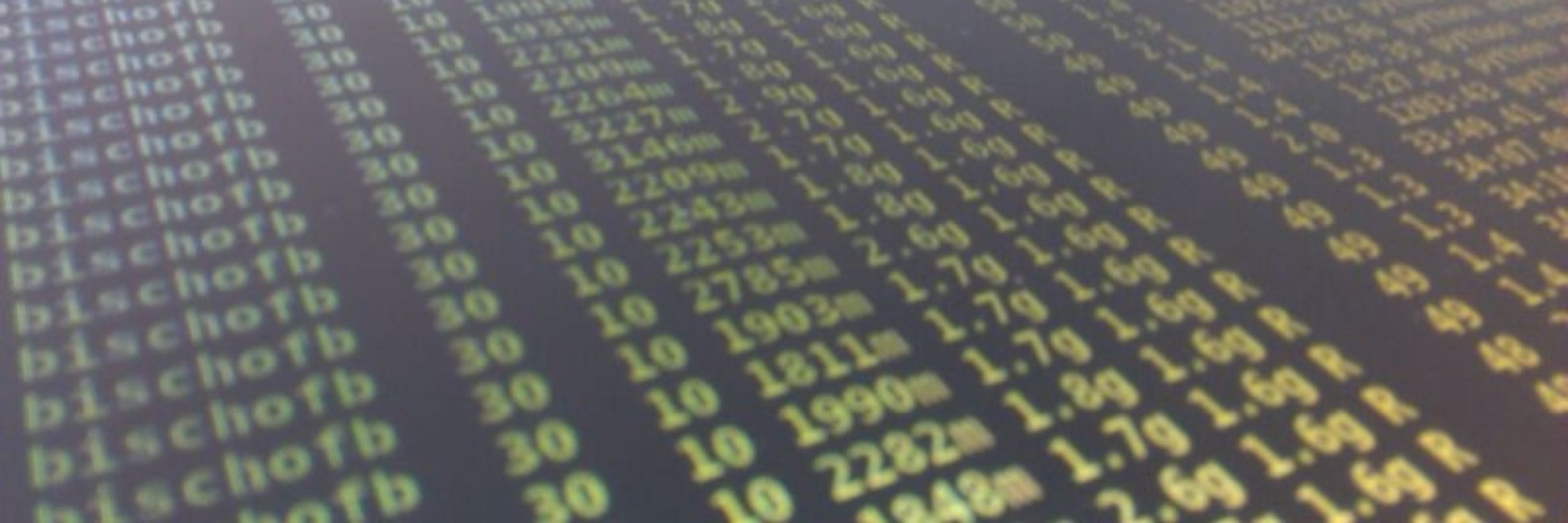
https://jasbisch.gitlab.io
If you’re interested in the full story, check out the paper here: doi.org/10.1098/rsos...
Big thanks to @annesaulin.bsky.social, @yuqingzhou.bsky.social, and @hein-lab.bsky.social for the joint effort and to @rtg2660.bsky.social for providing an excellent research environment!
If you’re interested in the full story, check out the paper here: doi.org/10.1098/rsos...
Big thanks to @annesaulin.bsky.social, @yuqingzhou.bsky.social, and @hein-lab.bsky.social for the joint effort and to @rtg2660.bsky.social for providing an excellent research environment!
In short:
💡 Rewards can encourage approach toward out-groups
❌ But they don’t easily alter underlying impressions
This highlights both the promise and limits of non-social reinforcers in reducing social intergroup biases.
In short:
💡 Rewards can encourage approach toward out-groups
❌ But they don’t easily alter underlying impressions
This highlights both the promise and limits of non-social reinforcers in reducing social intergroup biases.
Our key findings:
- An initial in-group bias in approach behaviour and impression ratings ✅
- Rewarding out-group approach reduced this bias ✅
- People learned more from rewards than punishments ✅
- But… impressions of the out-group remained unchanged ❎
Our key findings:
- An initial in-group bias in approach behaviour and impression ratings ✅
- Rewarding out-group approach reduced this bias ✅
- People learned more from rewards than punishments ✅
- But… impressions of the out-group remained unchanged ❎
We ran three #preregistered online studies using a new #approach-avoidance learning task:
➡️ Participants moved a manikin towards or away from symbols (representing members of their in-group or out-group) and earned money depending on their choices.
Would rewards shift biases?
We ran three #preregistered online studies using a new #approach-avoidance learning task:
➡️ Participants moved a manikin towards or away from symbols (representing members of their in-group or out-group) and earned money depending on their choices.
Would rewards shift biases?
In a #social #intergroup context, humans often show #in-group biases:
- More likely to approach
- More positive impressions of
individuals from their own group compared to others.
But can #learning from external rewards/punishments reduce these biases?
In a #social #intergroup context, humans often show #in-group biases:
- More likely to approach
- More positive impressions of
individuals from their own group compared to others.
But can #learning from external rewards/punishments reduce these biases?

